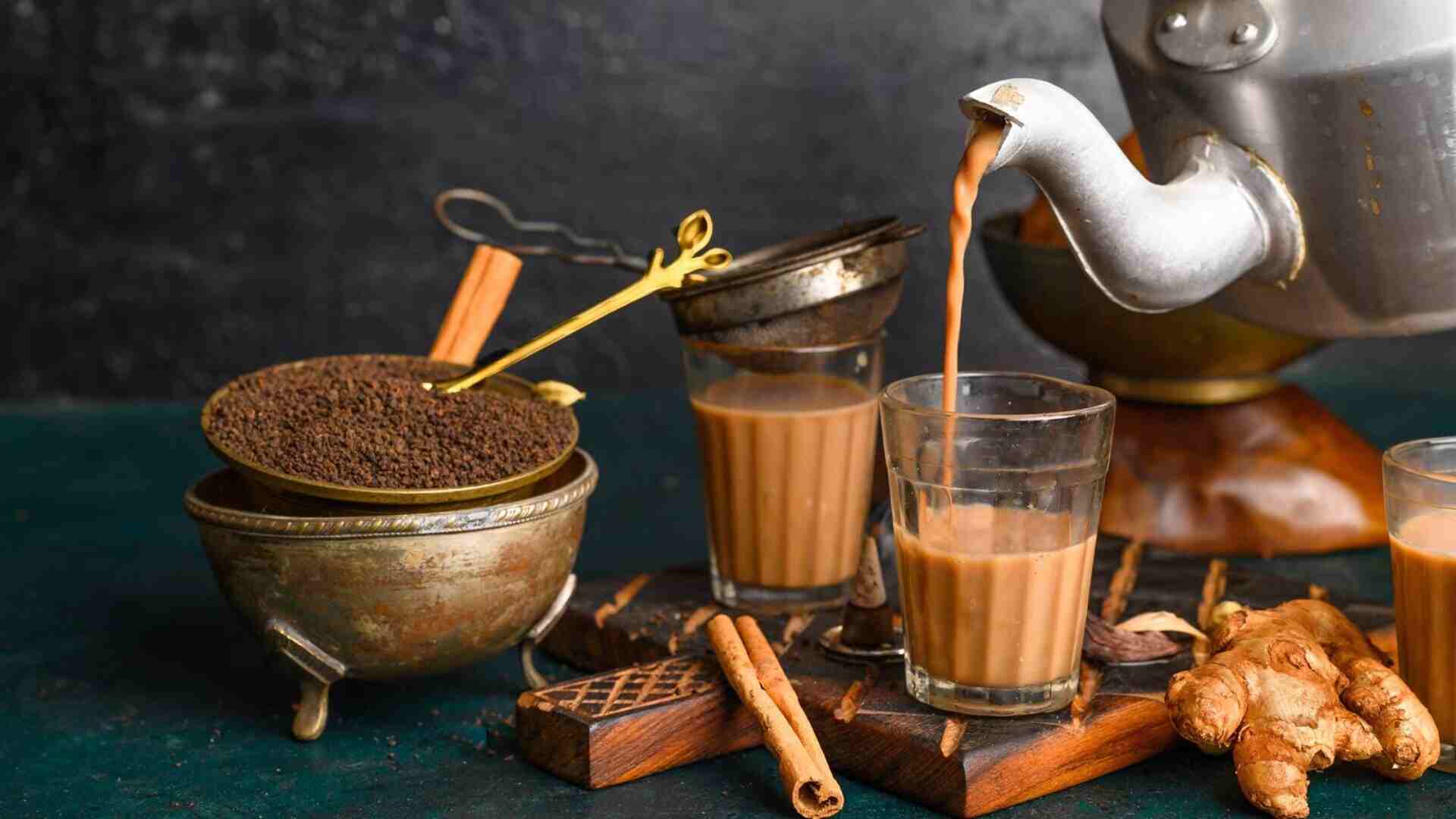
Chai, a beloved Indian beverage, is renowned for its rich flavor and comforting qualities. With its aromatic spices and soothing warmth, chai is a staple in many households. However, while many swear by its headache-curing abilities, experts suggest the relationship between chai and headaches is more complex than it appears.
For many, missing their daily cup of chai seems to lead to a headache. This phenomenon is often reported by chai enthusiasts, who claim that their daily ritual helps stave off headaches. But does chai genuinely have any medicinal effects? Dr. Roohi Pirzada, a senior physician from Mumbai, points out that while chai may aid in hydration—since dehydration can trigger headaches—there is no direct evidence supporting chai as a remedy for headaches.
Chai’s ingredients, such as black tea, ginger, cardamom, and cinnamon, might offer some relief. Black tea contains caffeine, which can constrict blood vessels and potentially alleviate headaches, especially those caused by caffeine withdrawal. Additionally, spices like ginger have anti-inflammatory properties, which can help reduce pain. However, this is not a guaranteed cure, and the effectiveness can vary from person to person.
On the flip side, excessive chai consumption might contribute to headaches. Dr. Sharma notes that regular intake of caffeinated beverages like tea can lead to headaches due to changes in blood vessel dilation. Additionally, tea’s tannins can interfere with iron absorption, potentially leading to deficiencies that might cause headaches. Consuming chai close to bedtime might also disrupt sleep, contributing to morning headaches.
To avoid potential issues, experts recommend avoiding chai at least an hour before and after meals to prevent interference with iron absorption. Additionally, limiting consumption in the evening can help prevent insomnia and subsequent headaches. Chai, like all foods and drinks, should be enjoyed in moderation to balance its benefits and drawbacks.
In summary, while chai might offer some headache relief due to its caffeine and spice content, it is not a foolproof remedy and can sometimes contribute to headaches. Proper hydration and balanced consumption are key to enjoying chai without adverse effects.















